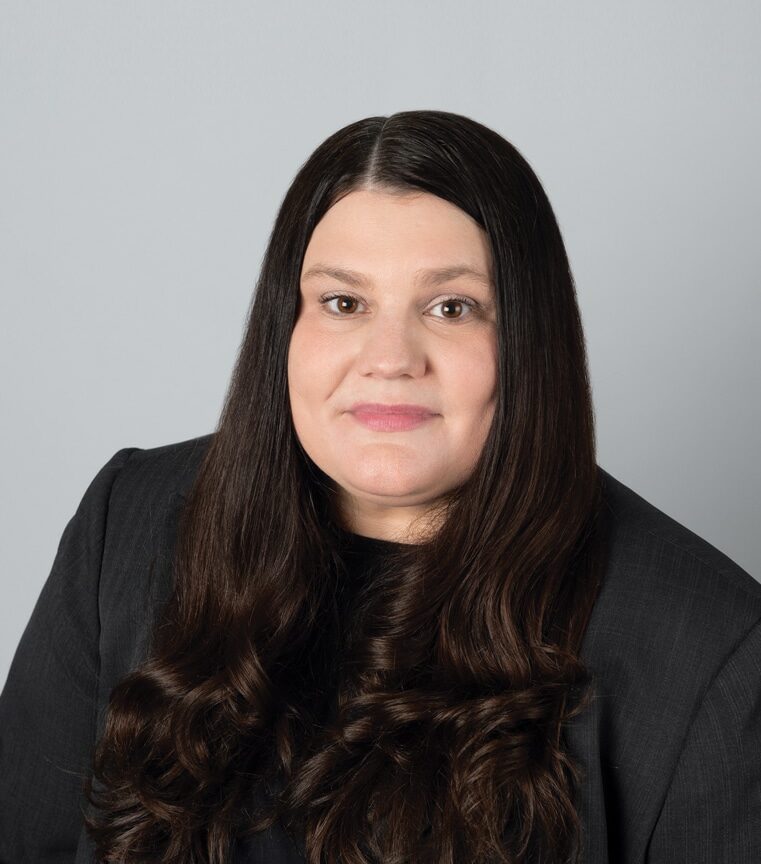5 takeaways from ‘Lifting the Veil’ mental health forum: ‘Be creative to find out what your employees need’

Fostering good mental health is more important than ever before in workplaces, but the challenge has also never been greater, panelists said Thursday at dsm Magazine’s latest “Lifting the Veil” forum.
The COVID-19 pandemic permanently transformed jobs and where and how work is done.
“About a year and a half ago, I saw a lot of companies coming to me [saying], ‘What’s the best practice here?’” said Beth Livingston, an associate professor of management and entrepreneurship at the University of Iowa. “Well, there isn’t ‘the best.’ We’re in a whole new era. There is no best practice I could share with you. But you should be creative to find out what your employees need.”
A virtual panel of Iowa experts joined dsm, Business Record’s sister publication, to talk through current issues. Lifting the Veil publishes a magazine annually exploring Iowa stories related to mental health, and regular forums help illuminate these topics further.
Here are five takeaways from the hourlong discussion:
1. Adapting to the “new normal” of hybrid work and other changes is hard on everybody.
Those who shifted to working from home full time for weeks or months or years found it wasn’t easy, said Tina Leaf, clinical director of Employee and Family Resources: “Sometimes my workplace was in a spare bedroom, and you never got to disconnect from it.” And the transition to more regular trips to the office isn’t as simple as snapping fingers, either: “You think about all the things that they missed in that time, the socialization that happens down the hall.”
2. A healthy workplace starts with effort from bosses, but everybody contributes.
It’s still a relatively new development for employers to take active concern for their employees’ mental health, but it’s important to figure it out in order to build and maintain a strong team. “Employers have some responsibility to build a healthy culture, to create the kind of environment where people can thrive,” said Melissa Ness, president and CEO of Connectify. “How can they provide work-life balance where possible, how can they provide EAP services, even train managers on how to ask those compassionate questions – ‘How are you doing today?’ Or ‘How is your family?’ And just being there and showing true care for their employees.” As for employees, Ness said, “We all need to take responsibility for our mental health and well-being. What do we need? Who do we need to ask for help when we need it?”
3. People are struggling to make real human connections at work.
Livingston, the University of Iowa professor, cited surveys indicating that 10% of American workers report having no friends at work. “Loneliness has been a big issue,” Livingston said. “People want to know how to build connections in an environment that they may not have grown up [in], building sort of digital and social connections, and the way that social media plays a role in our lives. And it has been very heartening to see businesses say, ‘Well, what can we do about that?’”
4. Intentional efforts to help workers connect with one another and with resources really do work.
Anybody up against a deadline has probably grumbled at least once or twice about mandatory group meetings at work. But Timothy Flynn, a senior therapist in the Employee Assistance Program Division for UnityPoint Health, said there’s a purpose. “A lot of these avenues of getting people to connect more sometimes can be met at first with resistance,” Flynn said. “I’m sure anyone who has ever been in a meeting, and they do an icebreaker, and there’s a kind of eye-rolling that happens and a groan. But then it works, and people might not admit it, but it does.”
5. Speaking up and being vulnerable can help somebody who is struggling.
Just seeing and hearing a colleague talk honestly about their own experiences with mental health can demonstrate to other people at work that it’s OK to not be OK, that struggles don’t have to be kept completely private, panelists agreed. “It’s really helpful when there are those role models of somebody who can step forward and say, ‘Hey, you know, I’ve had some struggles too,’” said Scott Young, director of psychological services at Mind and Spirit Counseling Center. “Especially if it’s somebody in leadership, I think that makes it a lot easier for those other folks to be able to come forward and say, ‘Hey, I need some help, too.’ That kind of self-disclosure and willingness to be vulnerable can be so helpful.”

Nicole Grundmeier
Nicole Grundmeier is a staff writer and copy editor at Business Record. She writes for Fearless and covers arts and culture.









